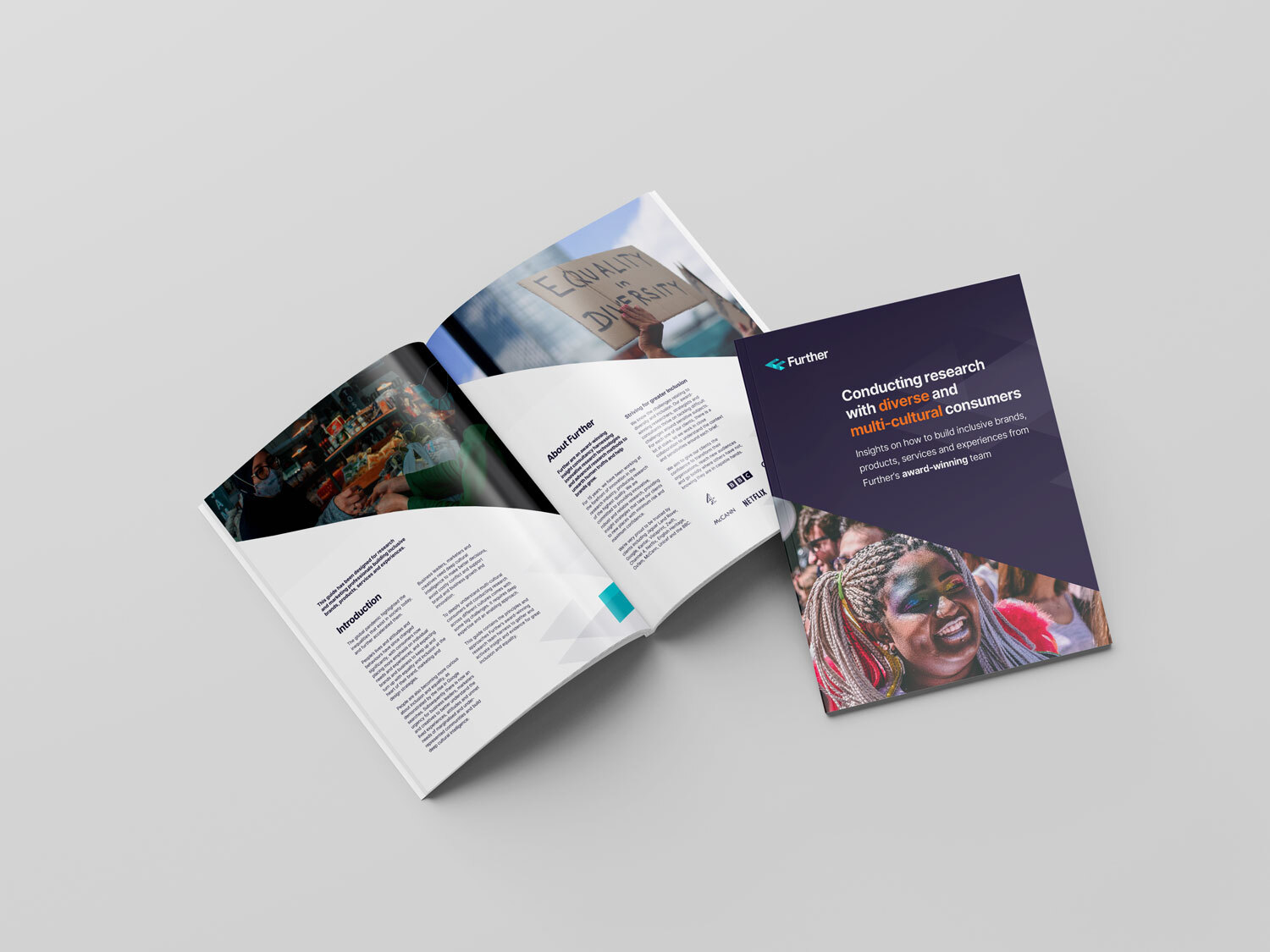A lot has changed over the last 10-years or so, but three major shifts have occurred that highlight why brands need a social psychologist on their staff.
#1 Tech and social media have empowered people to take control and they’ve done it like never before. Brands are no longer in complete control of their universe, consumers are.
#2 Content is king and powers how brands communicate with consumers. The narrative needs to be human, emotive and omnipresent.
#3 Brands are doing more research, more analysis than ever before thanks to data - big data, thick data, human data!
So here’s the thing. Combining these three shifts creates a much greater emphasis on the need to unearth, activate and utilise true human insight and the full human story. This means thinking in four dimensions; how people behave, feel and think and how we are shaped by our values and the artefacts that surround us.
Full disclosure, I am a Social Psychologist, so there’s some bias at play, for sure, but even a very quick look at the definition of social psychology will help to make the case for the huge value of this discipline to brands in understanding the human condition.
“Social psychology is the scientific study of how individuals think, feel and behave in regard to other people and how individuals´ thoughts, feelings and behaviours are affected by other people. Social psychology seeks to understand the nature and causes of individual behaviour in social situations.” (Roger Brown, 1985)
Some of the major topics studied by social psychologists include:
-
Social cognition : how people acquire, process, store and remember information.
-
Attitudes: how people feel about certain topics, brands, groups and situations, as well as where these attitudes come from and how they change.
-
Social identity : how people feel about themselves as members of social groups, and how this affects how they relate to one another.
-
Social influence: how dynamics between people affects how they make decisions, lead, obey, cooperate or compete with each other.
-
Attributions : how people attribute intentions, meanings and causes to situations.
-
Behaviour change : how to engineer a process that creates the motivation to change and that provides the situation to sustain the change.
Successful brands today have a deep understanding of their customers - what motivates them, what their needs are, how they perceive the world and wish to be perceived by others, who and what influences their behaviours, and what meanings they attribute to the brand and its products or services. Above all of this is their absolute focus on how to create value for the target customer.
Context, as well as content, is king
What I find uniquely fascinating, and valuable, about this disciplinary perspective is the constant awareness that people have to be understood in context . That context includes their everyday physical and social environments, but also the wider political, economic and cultural factors that impact on them and make them who they are.
There’s little value in modelling the ‘ideal’ customer because, quite simply, the ideal world doesn't exist. People have mortgages to pay, dogs to walk, cars to clean, kids to tell off, soap operas to watch, partners to preen and so on. Life gets in the way of ideals.
This awareness makes a social psychologist ask a different kind of questions both to surface that context of people’s relationships and to tap into multiple layers of meaning - often contradictory. It leads to different methodological choices. For example, my deep enthusiasm for online research communities comes from the fact that it allows me, as the researcher, to combine individual and group-based tasks, or to vary the nature of the social influence that participants exert on each other, or to observe people in their own environments. I can also look at the same issue from a cognitive, attitudinal and behavioural perspective. Underpinned by the right theory, the possibilities are endless!
This social psychological perspective also makes one see different patterns in the data and reveal new interpretations because there are so many different theoretical perspectives that can be combined to reveal genuinely fresh insight. So often, I see research that competently and fastidiously describes empirical facts, but falls short of actually explaining what is going on. Only a strong theory - coupled with good data (of course) - allows the researcher to go beyond an accumulation of data points to achieve something that provides genuine meaning and clear direction.
But the impact of having that disciplinary outlook does not stop there. I believe that it also helps to make recommendations that are pitched in the right way, based on an awareness of the context in which they will have to be implemented. Recognising power dynamics and social influence, understanding what makes a message successful and memorable with a particular audience, factoring in attention spans that are getting shorter and shorter, and admitting that the need for positive self-presentation might be every little bit as powerful a driver of the impact the research will have as having ‘high quality’, ‘robust’ evidence, is all part of the outlook and tool bag of the professional social psychologist.
Brands need to understand humans and not just data and transactions. They need to know how people feel, think, behave and make decisions. To get to this level, you need the context. It’s that simple. Only then do you have the human story, a real world view of this crazy life we all lead, with all its chaos and frustrations, as well as glories and triumphs.
You probably haven’t got a social psychologist on your staff. Not many brands do, but that doesn't mean you can’t access one. Further has been uncovering consumer truths and fascinating humans stories of the kind that make you change direction or solidify your thinking and bring everyone along, for too long now. Come and talk to us and we’ll help you get back in control.





















%20(1).webp)

.webp)

%20(1).webp)

.webp)

.webp)
.webp)
.webp)
.webp)

.webp)
.webp)
.webp)
.webp)